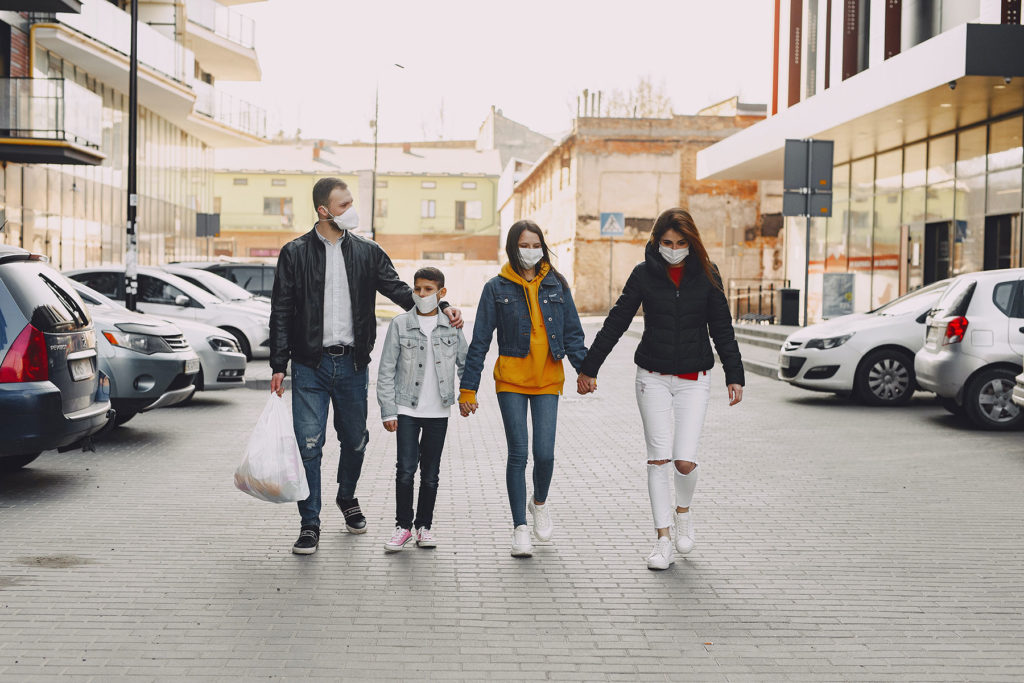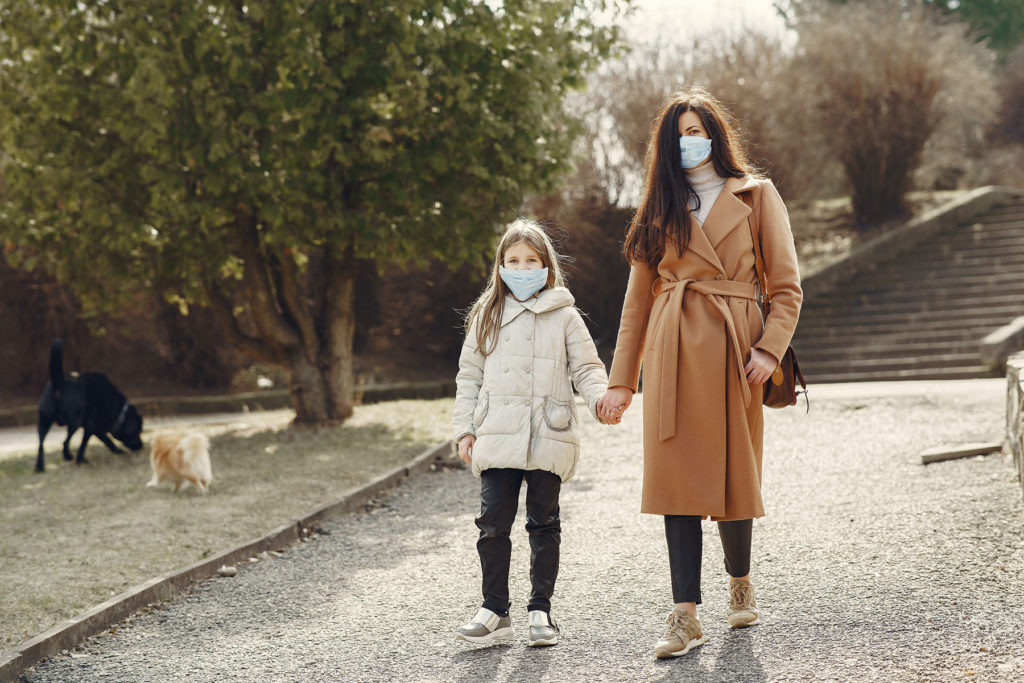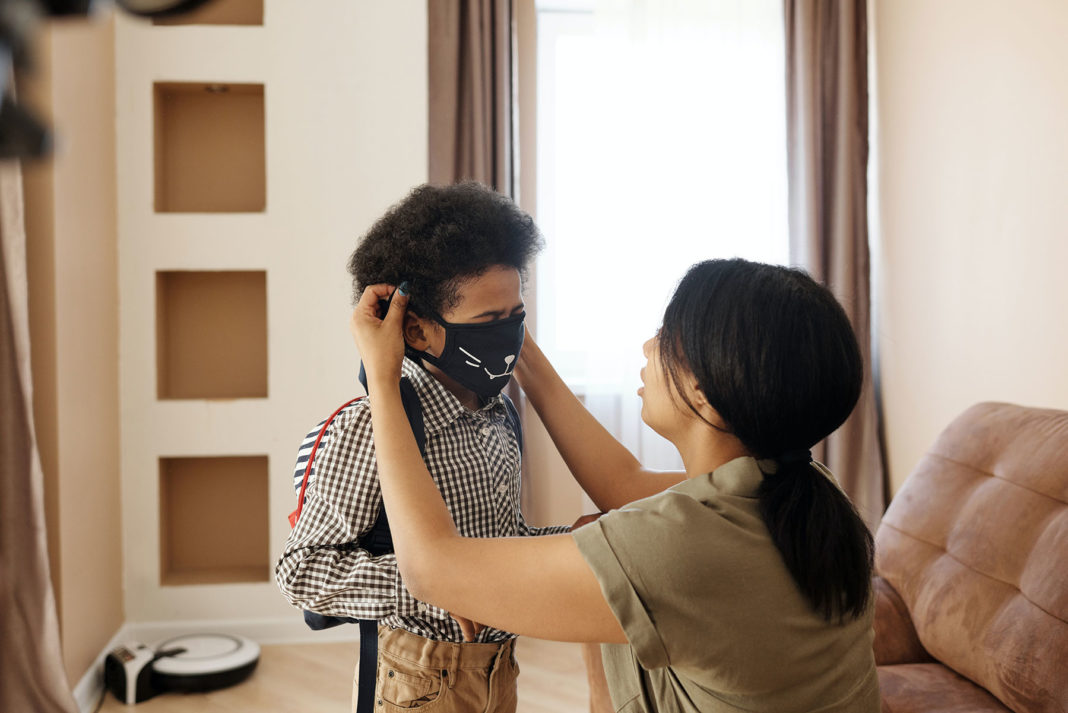parents reading over their child’s school supply lists might see face masks required this year.

Some school systems will require face coverings for students returning to in-person school this fall.
by: Kaylyn Kluck
Along with the usual pencils, glue, and crayons – parents reading over their child’s school supply lists might see face masks required this year.
It’s one thing to buy your child a mask – but how do you get them to keep it on? It might be difficult, but Dr. Ledes believes parents shouldn’t give up.
Dr. Chris Ledes, a pediatrician with State of Franklin Healthcare Associates, has heard concerns about masks from parents amid the COVID-19 pandemic.
“There are some who struggle with it, and that’s just going to be a fact,” he said.
“There is more anxiety now, maybe than ever, about our health. Sometimes that anxiety feeds into not wanting to have a mask on or feeling like you can’t breathe,” he said.
The pediatrician says children under the age of two, and those with serious breathing concerns, should not be wearing masks. Additionally, if your child is constantly touching their face to adjust their mask, it may do more harm than good.
But in general, he says masks are safe for kids.
“People commonly ask me if their child with asthma can wear a mask. I have asthma. I wear a mask at work all day long. It does not hurt my oxygen in and out,” he said.
Children with COVID-19 are often asymptomatic, said Ledes, so a mask prevents their germs from spreading to others. Kids do not need masks when they’re playing outside. But if they’re within six feet of other kids at recess – it’s recommended.

You can help your child get used to it by practicing at home.
“There’s nothing wrong with putting on a mask for a short period of time at home, wearing them together. Perhaps even looking at a mirror and talking about how you feel in it, how it looks,” said Ledes.
Showing your child pictures of other children wearing masks can help.
“Maybe even putting a mask on a favorite baby or stuffed animal. Drawing a mask on a favorite book character. These approaches can make it less unusual,” said Dr. Ledes.
He said cloth face masks should be washed every day for cleanliness, and face shields can also work for kids. Parents should make sure face masks cover their child’s nose and chin.
Dr. Ledes said parents can help their kids understand the reasons to wear masks.
“With the youngest children, you’re just explaining to them that it’s a way for us not to make each other sick. Be very basic, be very straightforward,” said Dr. Ledes. “With kids that are a little older, you can actually explain the phenomenon of germs and not spreading germs. For the most mature kids, understanding that this is a courtesy to keep from making someone else sick.”

Note: Pediatrician Tips is strictly a news and information website about pediatrics. It does not provide medical advice, diagnosis, or treatment. This content is not intended to be a substitute for professional medical advice, diagnosis, or treatment. Always seek the advice of your pediatrician, physician or another qualified health provider with any questions you may have regarding a medical condition for any person. Never disregard professional medical advice or delay in seeking it because of something you have read on this website. The opinions expressed in this column are not always those of Pediatrician Tips and are intended to spark discussion about issues pertaining to pediatrics and pediatricians.







